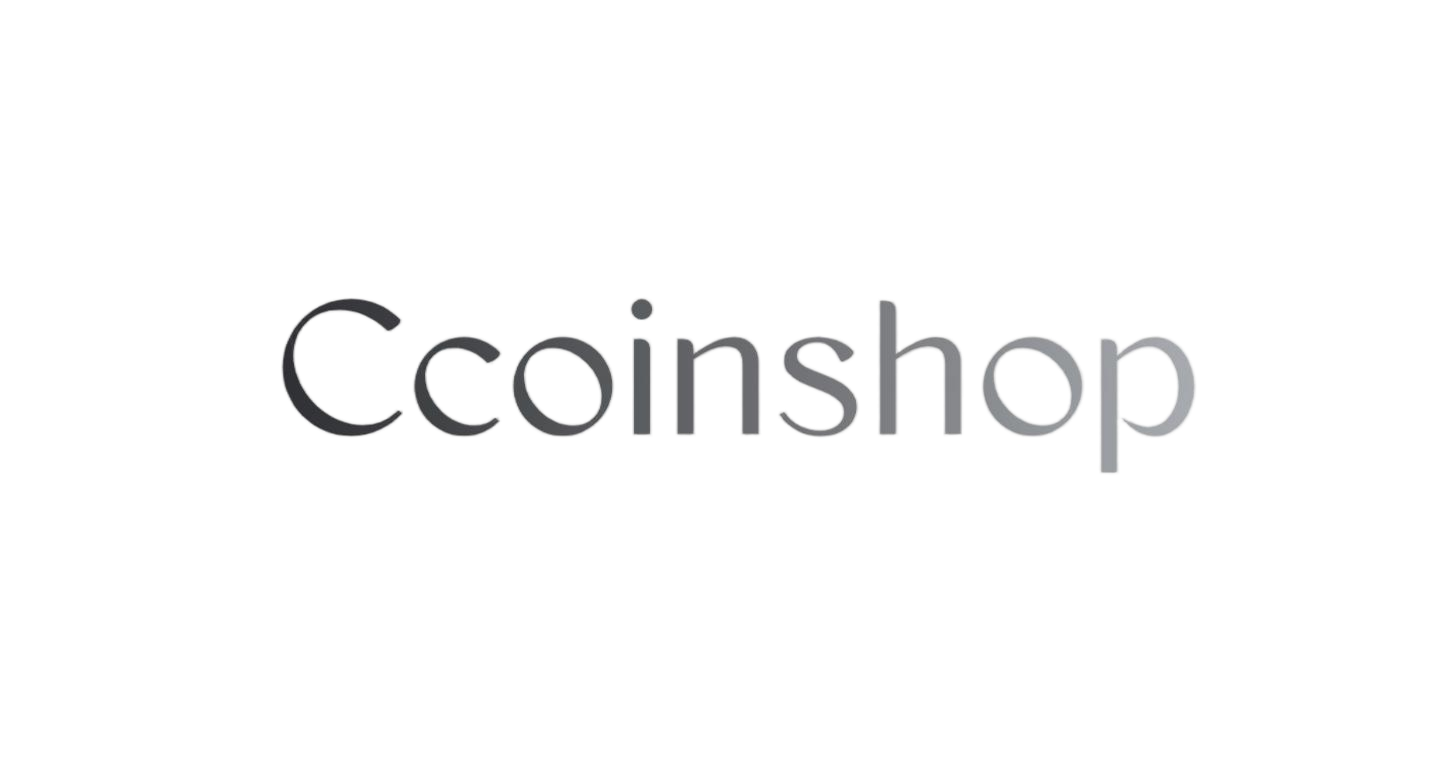Introduction
In the rapidly evolving world of cryptocurrency, security has never been a more pressing concern. With an astonishing $4.1B lost to DeFi hacks in 2024 alone, securing digital assets must be a priority for every investor and developer. The HIBT Vietnam security audit results provide pivotal insights into the current landscape of blockchain security, helping to shed light on the best practices for safeguarding your investments.
This article intends to outline the key findings from the HIBT Vietnam audits, translating complex security concepts into comprehensible guidelines, ensuring both individuals and organizations can protect their digital assets effectively. So, let’s dive into the key aspects of blockchain security that you should be aware of.
Understanding Blockchain Security Audit Results
Blockchain security audits serve as vital evaluations designed to identify vulnerabilities in smart contracts and blockchain protocols. These audits aim to assess the integrity, security, and compliance of systems involved in cryptocurrency transactions, which is essential in a landscape that is rife with threats. The result of an audit not only highlights weaknesses but also establishes a framework for strengthening security measures.

What Makes Audit Results Important?
- Identifies vulnerabilities
- Enhances trust among users
- Ensures compliance with legal standards
For instance, the 2025 HIBT security audit report revealed that many blockchain platforms still struggle with common vulnerabilities such as reentrancy attacks and gas limit issues, underscoring the need for a thorough audit process.
Common Security Vulnerabilities in Blockchain
Let’s break down the prevalent security vulnerabilities based on insights from recent audits:
Consensus Mechanism Vulnerabilities
Consensus mechanisms, while fundamental to blockchain operations, can harbor weaknesses that attackers exploit. For example, Proof-of-Work blockchains may be susceptible to 51% attacks, where a malicious actor gains control over the majority of the network.
Smart Contract Vulnerabilities
Smart contracts are automated programs that execute when certain conditions are met. However, flaws in their code can lead to significant security risks. The 2025 HIBT audit results showed that over 60% of audited contracts contained vulnerabilities that could lead to token theft or loss.
Implementing Best Security Practices
To improve the security posture of blockchain applications, several best practices come highly recommended:
- Regular Audits: Schedule periodic security audits to identify and rectify vulnerabilities.
- Use of Multisig Wallets: Employ multi-signature wallets to protect against unauthorized access.
- Adopt Layered Security: Utilize multiple security measures such as firewalls, VPNs, and intrusion detection systems.
Adding multi-layer security measures will act like a bank vault for your digital assets, making it increasingly difficult for hackers to penetrate your defenses.
Localized Insights: The Vietnamese Market for Digital Assets
As blockchain technology expands globally, Vietnam has emerged as a vibrant market. In 2023, the country experienced a staggering 300% growth rate in blockchain adoption, driven by increasing interest among young investors.
Through the lens of HIBT’s audits, it’s clear that local platforms must prioritize security to meet the demands of a growing user base. The translation of technical auditing terms like tiêu chuẩn an ninh blockchain (blockchain security standards) is crucial for user understanding.
Future of Blockchain Security: What Lies Ahead?
As we look toward 2025, the evolution of blockchain security is expected to advance significantly. The industry’s ongoing commitment to auditing and improving protocols will be fundamental in shaping secure applications.
- Regulatory Compliance: Increased regulatory scrutiny could enforce higher security standards.
- Improved Audit Technologies: The advancement of AI in audit processes will enhance the effectiveness of detecting vulnerabilities.
- User Education: Educating users about security best practices will empower them to protect their assets.
According to Chainalysis, by 2025, over 70% of all blockchain platforms are expected to undergo regular security audits to keep user trust intact.
Conclusion
In summary, understanding the HIBT Vietnam security audit results and the frameworks around blockchain security is essential for protecting your digital assets in an increasingly dangerous environment. The insights shared here emphasize the need for continuous improvement and learning in security practices. With the right knowledge and resources, stakeholders can genuinely safeguard their interests and contribute to a more secure blockchain ecosystem.
As we move forward, adopting these recommended practices will be crucial. Don’t underestimate the importance of following the latest tiêu chuẩn an ninh blockchain to ensure your assets are well-protected.
For more information and resources, check out ccoinshop.
Author: Dr. Alex Johnson, Blockchain Security Researcher, published over 35 papers in the field, lead security auditor for several major projects.





